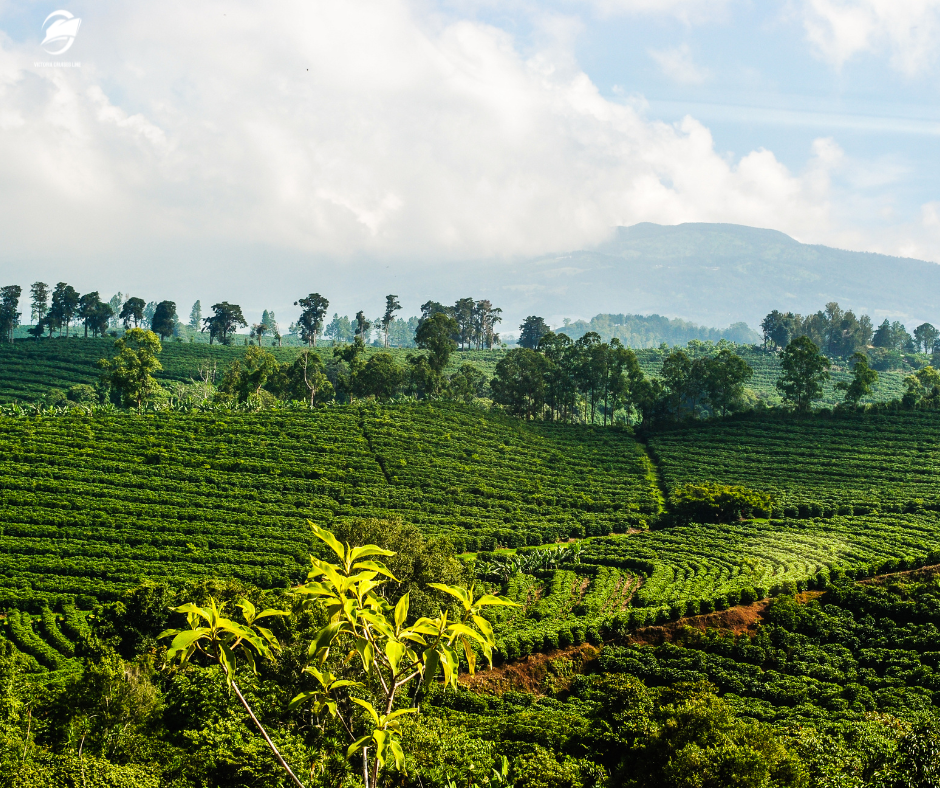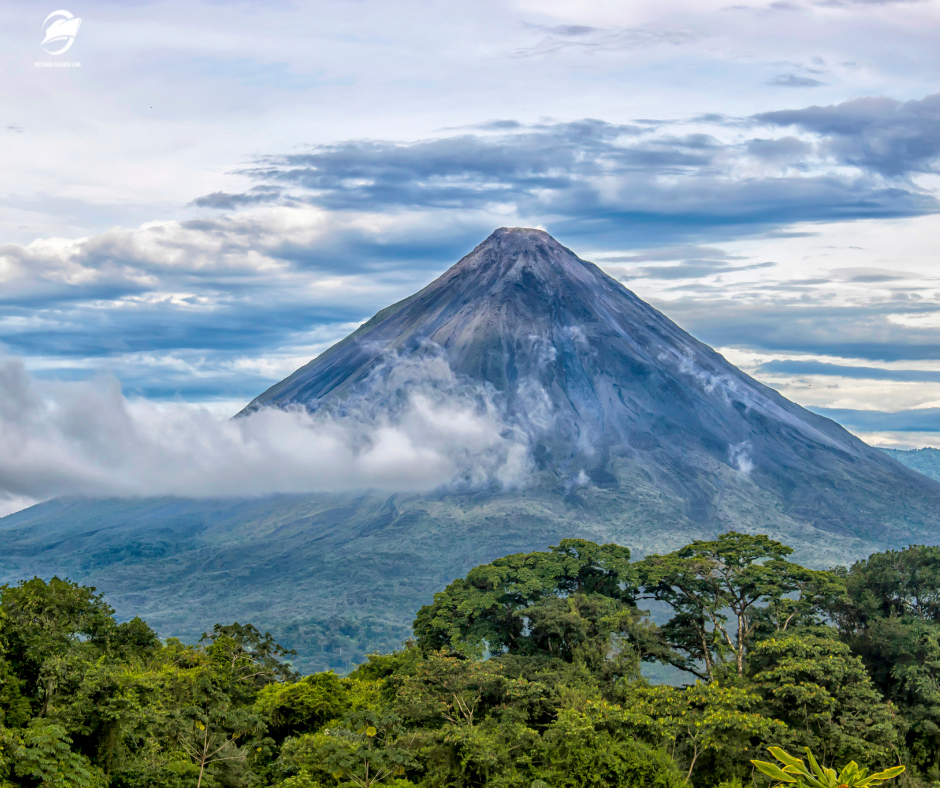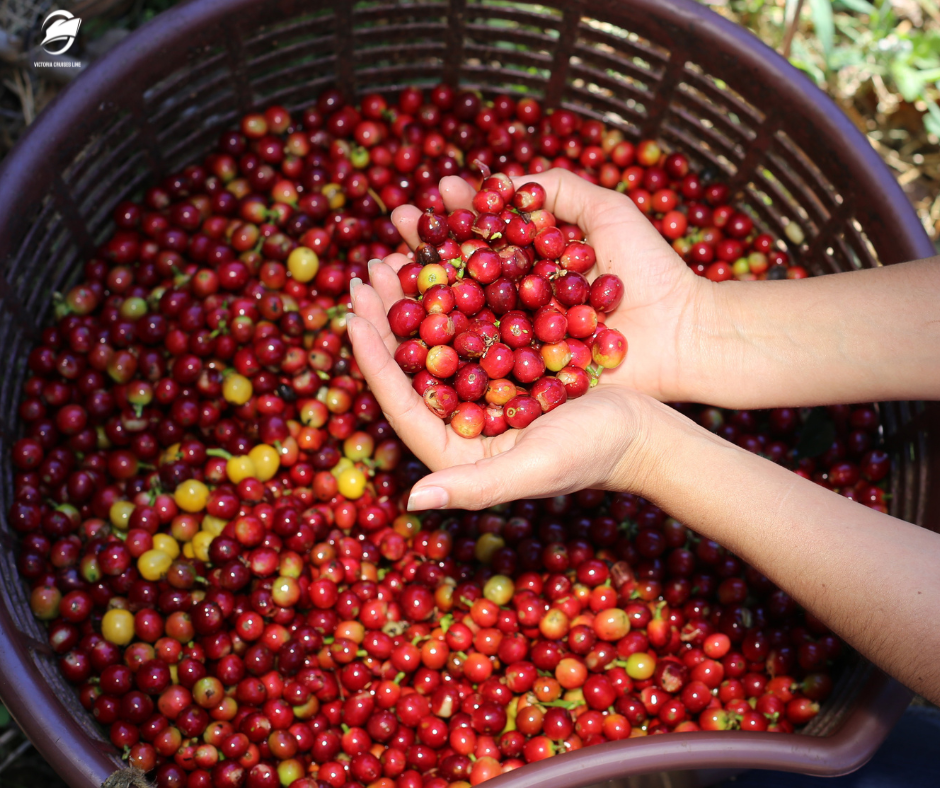Costa Rican coffee is globally recognized for its premium quality, exceptional flavor, and deep-rooted traditions. The country’s ideal climate and rich volcanic soil allow it to produce some of the best coffee in the world. But what makes Costa Rican coffee so special?
History
Coffee cultivation in Costa Rica began in the late 18th century when the first coffee plants were reportedly brought to the country from Ethiopia or the Caribbean. By the 1800s, coffee quickly became one of Costa Rica’s main economic pillars and its first major export commodity. The export of „golden beans” (as coffee beans are known) allowed the country to undertake significant infrastructure development, including the construction of its first railways. Coffee continues to play a vital role in the nation’s economy today.

In Costa Rica, only arabica coffee is grown. The volcanic soil, abundant rainfall, and rich vegetation create a multitude of microclimates that contribute to producing coffee rich in body and aroma, with a sweet, delicate flavor and medium acidity. The harvest takes place from October to February, and exports are spread throughout the year, amounting to approximately 1,360,000 bags.

What Makes Costa Rican Coffee Special?
- 100% Arabica Coffee – Costa Rica is the only country in Central America where the law prohibits the cultivation of robusta coffee. Only arabica coffee is grown, known for its smooth, rich, and complex flavor, making it one of the highest-quality coffees in the world.

- Volcanic Soil – The volcanic soil is rich in minerals, providing the perfect environment for coffee plants. The soil naturally nourishes the plants, enhancing the richness of the coffee’s flavor.
- High-altitude Coffee Plantations – Most coffee plantations in Costa Rica are situated at elevations of 1,200 to 1,800 meters, where the cooler climate slows down the ripening of the coffee cherries. This longer growing period results in more intense flavor profiles.
- Sustainability – Costa Rica is deeply committed to sustainable agriculture and environmental protection. Many coffee farms operate in an ecologically sustainable manner, ensuring the preservation of natural resources.
- Unique Flavor Notes – Costa Rican coffee is known for its distinctive flavor notes, which vary depending on the region where it’s grown. It’s often described as having fruity, citrusy, chocolatey, or nutty notes, balanced with pleasant acidity and a sweet aftertaste.
Coffee-growing Regions
Costa Rica boasts several coffee-growing regions, each with its own unique microclimate, offering a variety of coffee flavors.
- Central Valley: Surrounding the capital, San José, this was Central America’s first coffee-growing region.
- West Valley: Famous for the town of Sarchi, home to the Villa Sarchi botanical variety, and known for producing high-quality coffee in the Naranjo area.
- Tarrazu: Due to its high altitude (up to 1,900 meters), this region is renowned for the exceptional quality of its coffee.
- Tres Rios: A small region east of San José, known for coffee grown in the volcanic soil of the Irazú Volcano.
- Orosi: Another small area located far east of San José in a long valley, where coffee has been grown for over a century.
- Brunca: A region extending south to the Panamanian border.
- Turrialba: Characterized by frequent rainfall, which limits the production of high-quality coffee.
- Guanacaste: A region to the west, where only a small portion of the land is used for coffee cultivation, and the relatively low altitude hinders the production of superior quality coffee.

Coffee in Costa Rican Culture
In Costa Rica, coffee is not just a drink; it’s part of the culture. People usually enjoy coffee several times a day, whether with breakfast or during an afternoon chat. Coffee drinking is also a social event, where family and friends gather over a cup. The traditional method of brewing coffee is called the „chorreador,” where hot water flows through a cloth filter, giving the coffee a unique aroma.
Costa Rican coffee is famous not only for its quality but also for the sustainability and traditional values behind its production. For anyone visiting Costa Rica, it’s a must to visit a coffee plantation, learn about the cultivation process, and enjoy freshly roasted coffee. Coffee is not only one of the country’s most important export products but also an integral part of the daily lives of the people.


